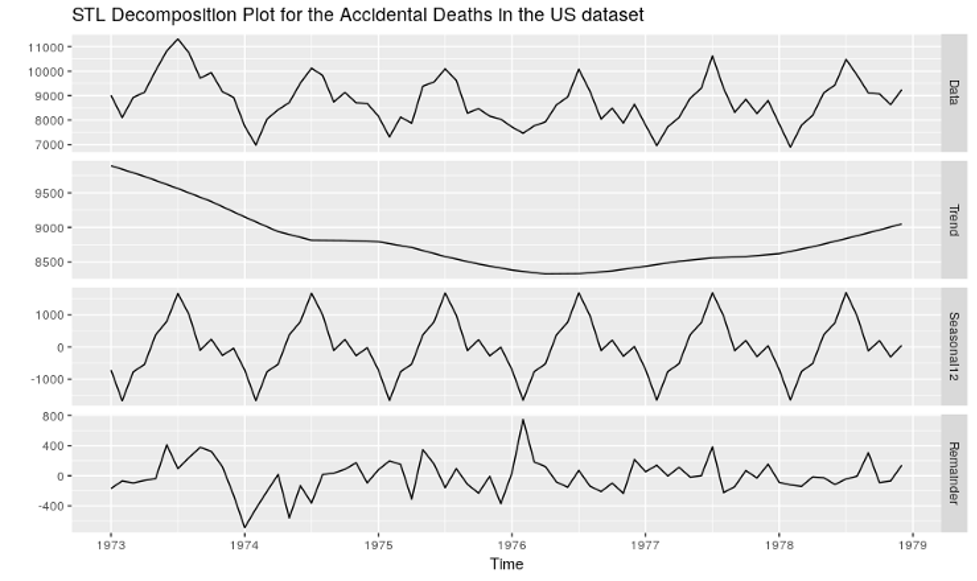For many health enterprises, the off-the-shelf electronic medical record system (EMR) is ideal for managing patient’s medical history. It’s not expensive and more than anything offers ease-of-learning. No wonder, it’s one of the most standard choices for organizations seeking to manage patient’s health information. In fact, it might have been possible; it was your first health system purchased when your business was started. The possibility can’t be denied that your business is still using it. For small and start-ups, this far from efficient approach may be manageable for a while but, as a business grows and requirements become more demanding and varied, the shortcomings of the surface of the system relying on legacy EHRs can become chaotic.
More health institutions are discovering how managing their operations with these archaic systems has been turning out to be complex and difficult. They are facing these challenges because off-the-shelf systems they may have deployed that can’t meet every need of every practice, the way that emerging requirements demand.
Challenges of the technology market and compliance standards
As your company navigates through the complex journey, managing HIPAA security standards, HL7 messaging, and ONC certification standards is a common impediment. How confident are you in your organization’s ability to adapt to challenges of the technology market and compliance standards. Despite a strong focus on compliance efforts, many organizations do not believe they are compliant with security standards.
Signs you’ve outgrown the outdated Electronic medical records system
At first electronic health records have been useful to collect and share clinical information. But if the clinicians and administrative team spend all their time on routine and repetitive tasks such as inputting patient information. If the documentation process is tardy and time-consuming, it can seem impossible for clinicians to find the time they need to invest in patient care or improve existing processes. With features like “click and go and drag-drop, it is becoming easy to meet business objectives but in many organizations, legacy EHRs are simply unable to provide such capabilities that today’s businesses and digital healthcare demand.
Legacy EHRs lack integration capabilities
Time and again, we see companies spend hours struggling with their legacy EHRs that fail to interact with other systems or software applications. Complex application landscapes and on-premises amplify data management issues. Since most of these applications were designed to cater to the requirements of those times, they don’t integrate with third-party applications, making it difficult for users to have a single point of access to manage a variety of healthcare systems. The physician’s goal is to interact with patients, document clinical information and improve patient care. To do this, they must have access to data that is not spread across disparate sources. Many organizations don’t realize working with legacy systems can be an intensively manual effort if they choose narrowly focused disparate databases.
For an organization that is in its infancy, this approach may not cause problems but as a business grows, this far from perfect approach can cause untold annoyance given that resources spending all their time on just few tasks instead of spending on productive tasks that can deliver business results.
- Have you deployed an off-the-shelf EMR only to discover it is a one-size-fits-all kind solution and not meant to fit the unique requirements of digital age challenges?
- Do the time-consuming documentation process and lack of integration capabilities make your head spin? Are you seeing poor return on investment?
If you answered “yes” to any of the above questions, then it might be time you think about a comprehensive healthcare EMR/EHR.
With a wealth of technical expertise and hands-on experience, an expert healthcare EMR/EHR software provider will ensure your EMR is aligned perfectly with your business needs.
EMR offers businesses endless opportunities to healthcare organizations, but they must figure out a targeted custom solution that can expedite data migration of:
- Progress notes
- Vital signs
- Chart notes
- Diagnostic results
- Lab orders review
- Chart notes
- Immunization
- I and O
- Pharmacy orders review
Did you know that organizations with a highly customized Electronic Medical Records systems that can meet every need of every practice are more likely to facilitate care delivery and help improve clinical productivity.
A move to the healthcare EMR/EHR software should make companies efficient, but it often adds complexity if it is not fully compliant with HIPAA security standards.
Prime’s expertise builds highly functional Electronic Medical Records systems that are fully compliant with HIPAA security standards, HL7 messaging, and ONC certification standards. Our cloud-based technology makes it easier to seamlessly integrate with your current healthcare IT system regardless of its size.



